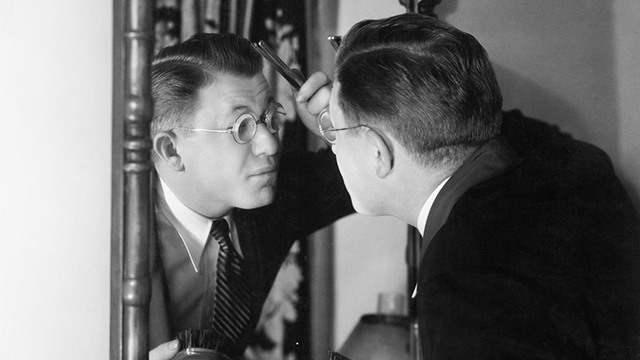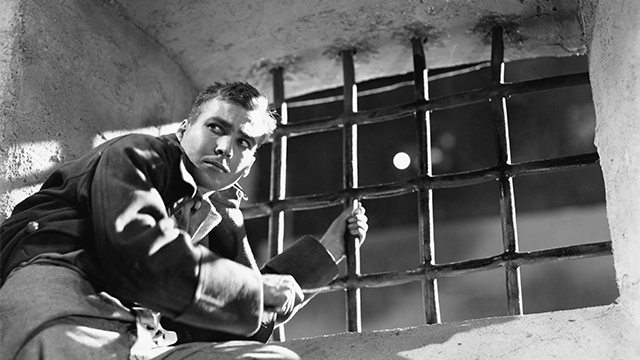5 Vital Questions to Ask When Establishing a Character
Written by Ashleigh Gardner
May 5, 2017
Whether it’s your first role or your fifteenth, you’ll need to start developing your character as soon as you get a firm hold on your script. Below, we’ve listed five essential and basic questions you should ask yourself when you first dive into your new role. (For a more expansive list of questions or items to consider, take a look at our character dossier infographic.)
1. What is my character’s ultimate objective?

This is what’s called your character’s “through line”. Sure, characters have smaller objectives in scenes, but what is their ultimate desire? What do they want by the end of the play? And how do they get it? Knowing your character’s ultimate objective will help you play them more effectively — as a person with desires and tactics just like you.
2. How does my character feel about other characters in the story?

One of the most important aspects of ourselves is how we feel about the people around us. The way we talk to and act around different people differs from person to person. It only makes sense that our characters speak to and react differently to other characters in the script. What’s their opinion of their sister? Do they like being in the company of their father? Do they enjoy talking to their best friend, or have they grown apart?
3. How does my character view themselves?

A character’s perception of themselves greatly influences the way they treat the people around them. If a character is insecure, they may lash out or bully other people. If they’re confident and cocky, they might snub their nose at others. If they feel at ease in their own skin, they may be warm and welcoming to the people around them. Ask yourself how your character views themselves, and you may be better able to answer how they feel about other people.
4. What is the history of my character?

Your character’s history may influence the way they act and the things they say while they’re onstage. Were they in prison for a short time — or a couple of decades? Did they get straight A’s in school? Did they travel the world at one point? Knowing the history of your character helps you figure out what kind of perspective they have on the situations in which they find themselves.
5. What is the psychology of my character?

While psychology has a lot to do with the above questions, this is more of a specific question that has to do with how your character operates internally. Is your character analytical or intuitive? Are they educated? Do they like to take their time, or are they impulsive? Also, think about any mental illness they may have that informs the way they treat other people or the way they handle situations. However, if the script doesn’t strictly state that your character is suffering from a mental disorder or mental illness, make sure to clear any creative backstory with your director before you begin playing your character with that story in mind. As an exercise, examine the way you react to certain situations and use that test as a model for examining your character.
Need some advice? We’ve got you covered.
- What Makes an Actor Website WOW?
- “Is my attitude not getting me roles?” And Other Essential Questions for Actors
- 6 Steps to Memorizing Shakespeare
- 10 Tricks to Staying Healthy All Season Long
- What Does It Take to Break Into Voiceovers?
- 5 Tips for Nailing Your College Music Theatre Audition
- 10 Tips on Owning the Room at Competition
- How to Balance Theatre and Coursework
- The 10 Secrets of Great Understudying
- 10 Items Every Actor Should Carry in Their Rehearsal Bag
- 10 Items Every Dancer Should Keep in Their Rehearsal Bag
